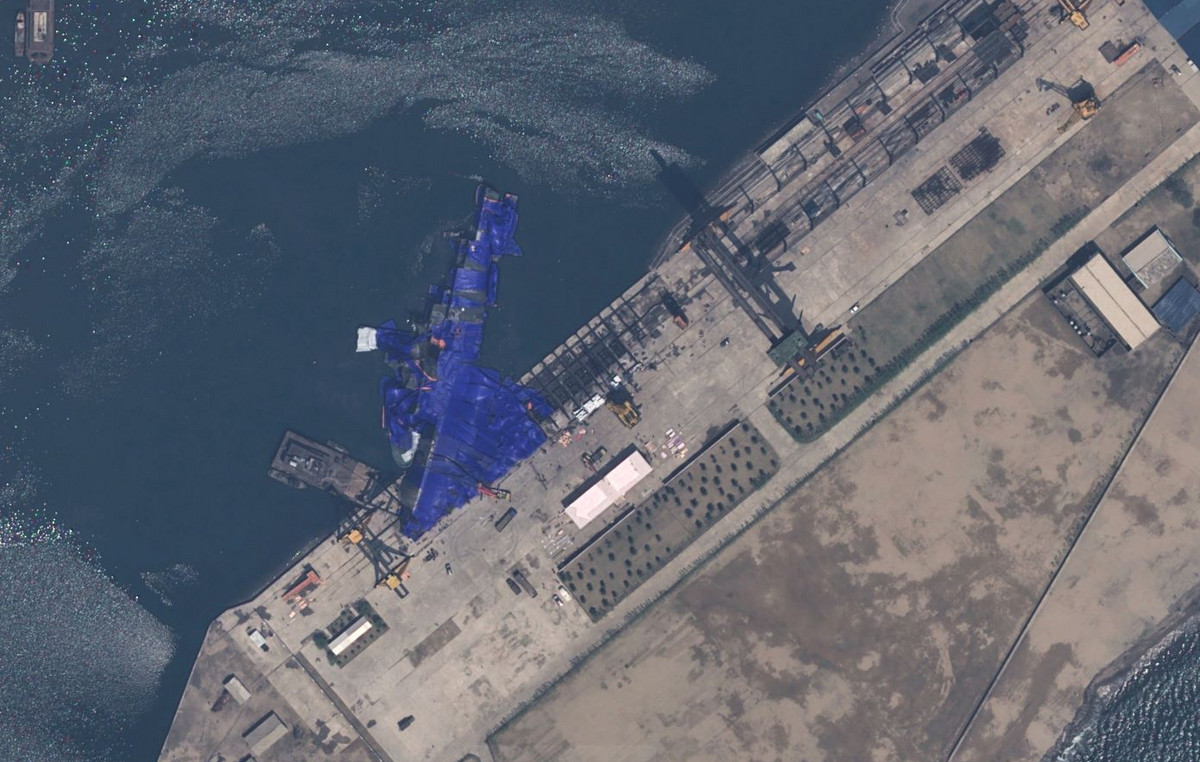In 2011, at the height of the flow of Congolese to Rio de Janeiro, the social worker Aline Thuler, general coordinator of the Refugee Assistance Program at Cáritas RJ received the young Moïse Kabagambe, 14 years old. Like many, he came fleeing the civil war that had put his family at risk and claimed the lives of his mother’s relatives.
Last year, during the pandemic, the architecture student continued to attend the professional guidance offered by the institution. Moïse was brutally murdered on the 24th when he was beaten in a kiosk on the edge of Rio de Janeiro. According to the embassy of the Democratic Republic of Congo, Moïse is the fifth victim murdered in the country since 2019, with three deaths in Rio, one in São Paulo and one in Brasília.
THE CNN the embassy of the Democratic Republic of Congo also informed that it is in contact with the student’s relatives, who are demanding a statement from the Itamaraty and will demand answers about the investigations of other cases of Congolese killed in Brazil. Moïse’s murder is being investigated by the Civil Police of Rio de Janeiro.
Teams from the UN Refugee Agency (UNHCR), the UN Agency for Migration (IOM) in Brazil and PARES Cáritas RJ also reported that they are following the investigation. The organizations released a note offering “sincere condolences and solidarity to the family of Moïse and the Congolese community residing in Brazil”.
According to Aline Thuler, Moïse arrived in Brazil in 2011, attended some classes offered by Cáritas and soon learned Portuguese. He wanted to understand himself as a carioca, but, like other Africans who came here, he learned a new word: racism.
“Many who come from Congo, from Angola, suffer racism and meet it for the first time in Rio de Janeiro. They don’t know this different treatment. First they ask if it is because they are not Brazilians. Then they report cursing and understand that it is because they are black,” said the social worker.
Caritas has been providing humanitarian assistance to refugees in Rio and elsewhere in the country for 45 years. Thuler’s experience welcoming refugees shows that there is a deep-seated prejudice against Africans. “There is a strangeness, as if they lived in savannas among the lions. But it is not so, they cannot be treated like lesser human beings.”
Like Moïse, many look to Cáritas to be able to study when they arrive in Brazil and have a job opportunity. “He told me last year that he was doing freelance work. Many refugees are hired in regimes that do not offer labor guarantees here in Brazil,” said the Cáritas coordinator.
Aline Thuler said that the boy came to Rio de Janeiro with two brothers on a plane that left the Democratic Republic of Congo. A route of pain and fear that repeats itself, first as tragedy, then as her permanence.
Congo and Angola are countries that border southern Africa and where most of the blacks who were enslaved in Rio de Janeiro between the 16th and 19th centuries came from: around 720,000 in the 18th century alone, according to data from the University of Emory from the United States.
In the 1990s, the flow of Angolans grew in the city of Rio, with the fugitives from the war in that country. The crisis in neighboring Congo meant that the two countries represented the largest number of refugees in Rio de Janeiro until the beginning of the 2010s. Today, they are established in neighborhoods such as Brás de Pina and Madureira, in the North Zone of cities in Baixada Fluminense.
“Moise’s mother can’t even speak. Friends and family are shaken, but grateful for the repercussion. It is the story of a refugee, who cannot and will not be forgotten,” she summarized.
According to the Panel of the Ministry of Justice, since 2016, almost 900 Congolese have requested refugee status in Brazil, the seventh country with the highest number of requests. Most Congolese live in Rio de Janeiro and São Paulo.
Reply from Itamaraty
In a statement, Itamaraty mourned Moïse’s death and expressed indignation at the murder. The Ministry of Foreign Affairs further stated that it hopes that “the culprit or culprits will be brought to justice in the shortest possible time”.
See the full statement:
“Itamaraty deeply regrets what happened and shares the grief of the victim’s family.
Obtaining asylum in Brazil is governed by Law 9,474, of July 22, 1997. Each asylum seeker, regardless of nationality, has his or her application examined individually by the National Committee for Refugees (CONARE), an interministerial body chaired by the Ministry of Justice and Public Security (MJSP), which may have additional information on the subject.
The investigation of the facts and the criminal prosecution of those responsible are the responsibility of the security and judicial bodies in Rio de Janeiro, to which additional consultations on the case may be addressed.
Itamaraty expresses its indignation at the brutal murder and hopes that the culprit or culprits will be brought to justice as soon as possible.”
Source: CNN Brasil





